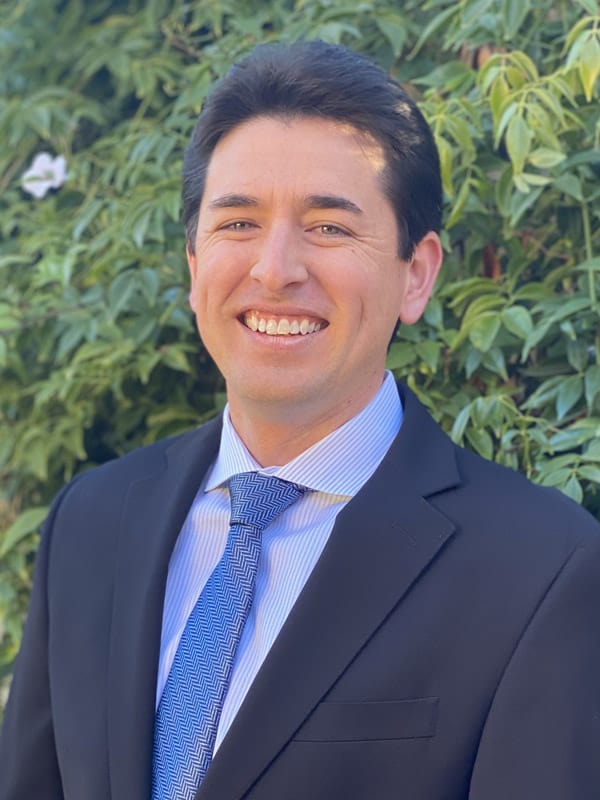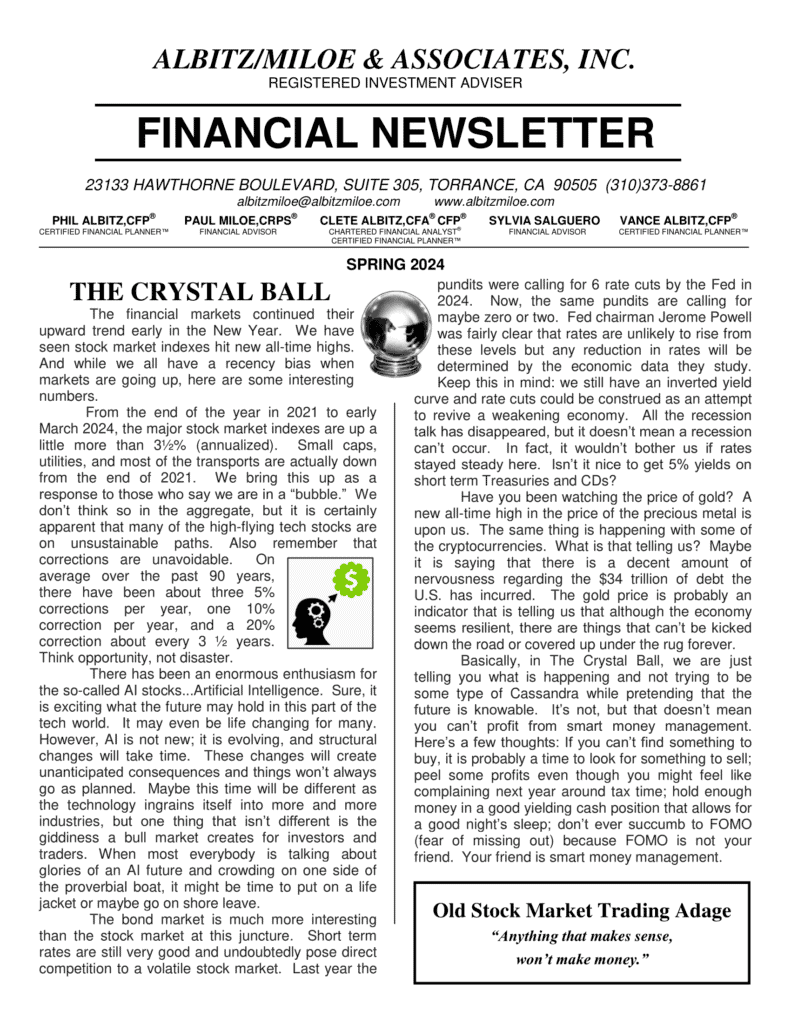Mutual funds and exchange-traded funds (ETFs) can be found in most investor portfolios today. They provide a simple and low-cost way to obtain diversification, professional management, and targeted investment exposure. Although similar, there are some nuances as well as structural differences between the two. The investment vehicle best suited for a specific situation often depends on an investor’s investment objectives.
Both mutual funds and ETFs can either be passively or actively managed. Passively managed mutual funds or ETFs are typically low expense and tax efficient due to minimal trading activity. These funds are designed to track a market index, and the underlying holdings are relatively constant, barring changes to the index. On the other hand, actively managed funds have the potential to outperform its benchmark based on the manager’s security selection and/or asset allocation decisions. Certain areas of the market are thought of as less efficient and give a manager the opportunity to provide value by taking advantage of mispricing. Not all active managers will outperform their benchmarks, and this style of management typically results in higher expenses along with lower tax efficiency due to the fund’s increased trading activity. Ideally, it is best to position actively managed funds in tax-advantaged accounts.
In an effort to bring more tax efficiency to actively managed funds, actively managed ETFs are becoming more prevalent. They offer the potential benefits of active management along with an inherent tax advantage exclusive to the structure of an ETF. ETFs utilize a creation and redemption mechanism allowing an authorized participant to create or redeem shares in the ETF by an in-kind exchange of the underlying positions. These in-kind exchanges do not result in capital gains. On the contrary, when new money is added or redeemed from a mutual fund, additional transaction costs are incurred and capital gains may be realized and ultimately distributed to shareholders. ETFs seldom make unwanted capital gain distributions, giving the investor far greater control over the timing of their potential tax liability.
Mutual funds and ETFs are both used to provide targeted investment exposure. If an investor is interested in adding a small-cap equity position to their portfolio, there are many options to do so via either vehicle. However, ETFs often allow an investor to take this targeted exposure a step further and target a specific investment factor, such as momentum or volatility, or a unique index weighing method such as fundamental or equal. ETFs are also available to allow an investor to target a very specific segment of the economy like cloud computing, robotics, clean energy, etc. However, the more niche an ETF, the more likely it is to encounter the issue of gaining investor traction. This may result in the ETF having a high expense ratio relative to the value of owning the underlying passively managed portfolio. Furthermore, ETFs that haven’t yet grown in size can be subject to low levels of trading activity, causing their bid/ask spread to be wide, an additional cost for investors when buying or selling shares. ETFs with low expenses, a high level of daily trading activity, and low bid/ask spreads are preferred.
There are many factors to consider when deciding to utilize a mutual fund or ETF within an investment portfolio. Mutual funds may provide access to a proven management team or strategy that is unavailable as an ETF. ETFs often allow for a greater level of targeted investment exposure and have an inherent structural tax advantage. Active ETFs may offer the best of both worlds but are still early in development. Today, both mutual funds and ETFs retain unique characteristics that make them essential tools when building a well-balanced investment portfolio.





